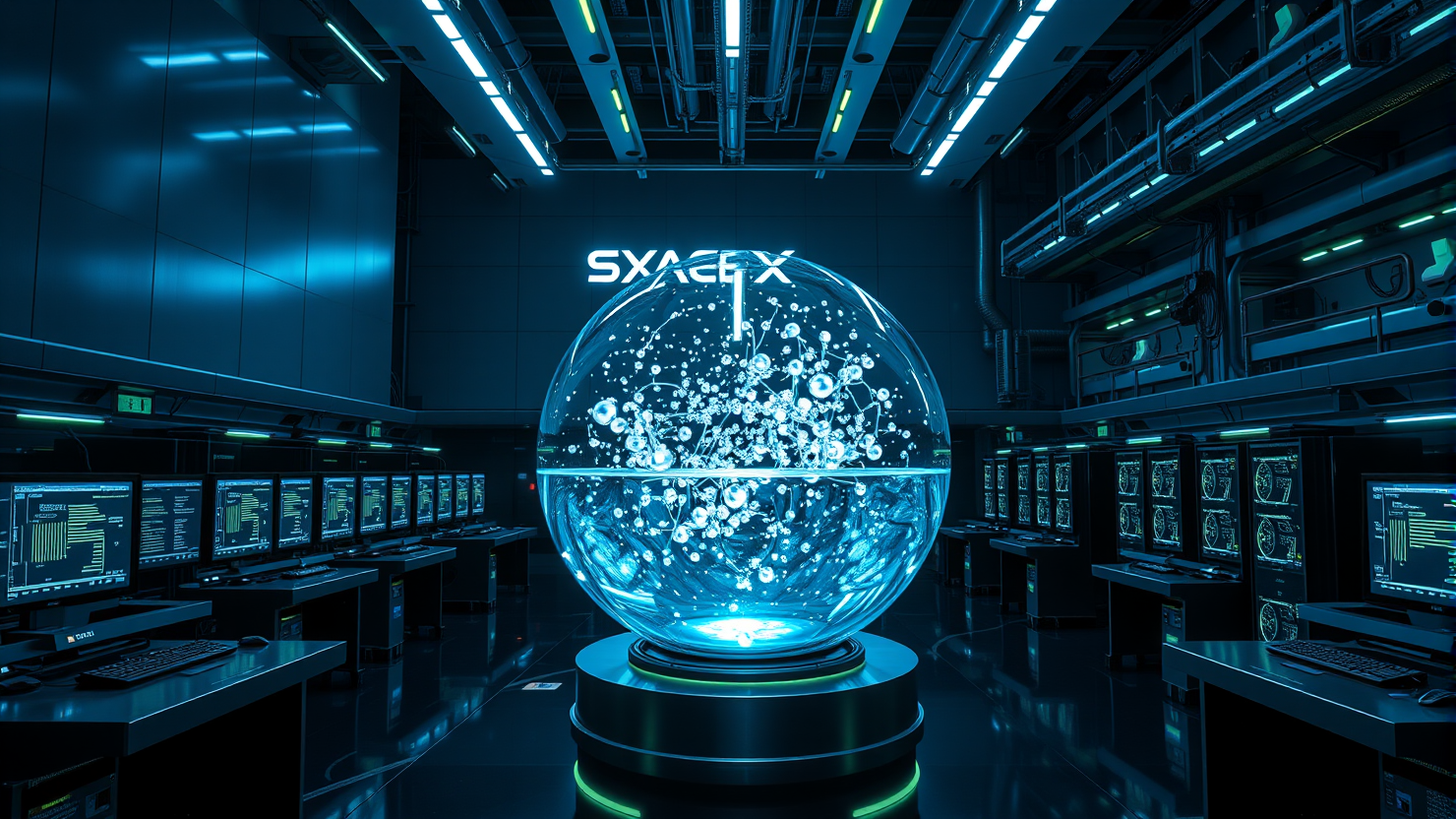Dell’s AI Factory and Data Lakehouse: Empowering Enterprises to Scale AI for Faster Time-to-Value

Dell Technologies is aggressively investing in AI, recognizing that businesses are transitioning from initial pilots to full-scale deployments, with the primary focus now being on transforming AI into tangible outcomes. However, scaling AI poses significant challenges, necessitating robust infrastructure, dependable data management, and rapid model deployment across various workflows.
Dell is positioning itself as a facilitator for companies embarking on this transformation. Its offerings, including the AI Factory, Data Lakehouse, and AI Data Platform (developed in collaboration with NVIDIA and other partners), are designed to provide businesses with the essential tools required to transition experiments into production systems.
In an interview, Christian Spindeldreher, EMEA Field Technology Officer for Data Management and AI at Dell Technologies, discussed the practical implications of this shift and highlighted Dell’s latest advancements.
Spindeldreher explained that Dell’s AI Factory and AI Data Platform, built upon the Data Lakehouse, offer a unified foundation for scaling. By integrating high-performance infrastructure with streamlined data management and accelerated model development, organizations can move beyond experimentation and rapidly deploy AI within their workflows. The platform also simplifies access, governance, and analytics, empowering teams to generate value at scale.
Dell’s strategic partnership with NVIDIA brings compute and software tailored for demanding AI workloads, enabling enterprises to tackle complex use cases without compromising speed.
Recent enhancements to the AI Data Platform include an unstructured data engine developed in collaboration with Elastic and GPU-accelerated PowerEdge servers. This allows companies to handle the vast amounts of information locked within documents, videos, and images.
“The Elastic-powered unstructured data engine enables real-time semantic and hybrid search, rapid content indexing, and secure access to massive volumes of unstructured data,” Spindeldreher said. This opens up a range of use cases such as AI-driven knowledge retrieval, advanced digital assistants, recommendation systems, and real-time compliance checks.
GPU acceleration, enabled by Dell PowerEdge servers and NVIDIA RTX PRO 6000 Blackwell GPUs, now enables enterprises to run agentic AI workflows and multimodal analytics directly on these large datasets. Tasks like video summarization, synthetic data generation, and generative AI asset management become more practical with these updates.
One of the challenges in scaling AI is that data often resides in different locations, making it costly and time-consuming to move. Dell’s Data Lakehouse addresses this issue by supporting federated queries across multiple sources. This means organizations don’t need to create multiple copies of the same dataset, ensuring consistent access while also upholding domain-oriented Data Mesh principles that grant teams autonomy over their data. The result is faster insights without unnecessary duplication or movement.
In industries where data sensitivity is a significant concern, such as healthcare, finance, and government, Dell’s AI Factory model has sped up adoption by keeping workloads on-premise, thereby avoiding the delays and risks associated with cloud migration and compliance.
“Healthcare, finance, and government have seen faster time-to-value by utilizing advanced AI tools while adhering to strict privacy and residency requirements,” Spindeldreher said. Dell also offers a comprehensive suite of services covering everything from strategy to operations, providing customers with a more straightforward path to adoption while managing complexity and risk.
Partnerships are another cornerstone of Dell’s approach. The company is supplying servers for CoreWeave’s rollout of NVIDIA Blackwell Ultra GPUs, a project that demands high performance and efficient cooling.
“The platforms support the most demanding AI workflows,” Spindeldreher explained. “Scalability is key here – combined with efficient cooling to support maximum performance from rack to full data center scale.”
Behind these updates and partnerships lies a broader strategy of integration. Dell’s objective, according to Spindeldreher, is simple: “faster time to value.”
The AI Factory helps customers identify the right use cases, while the Data Platform adds features for data processing, analytics, and secure consumption. Together, they enable organizations to spend less time designing platforms and more time applying AI.
As AI proliferates across industries, concerns around governance and security are also growing. Spindeldreher emphasized Dell’s efforts in embedding these principles into its platforms.
“The use of data products and data federation (even in clusters and locations) allows us to consolidate and secure data access,” he said. However, he also noted that technology alone is not enough – enterprises need data strategies and supporting tools like Data Catalogs to manage compliance in multi-cloud environments.
Looking ahead, Spindeldreher anticipates enterprises delving deeper into operational AI. Agentic AI, edge AI, and multi-modal systems will play a larger role, supported by new generations of compute, accelerators, and networking.
Dell also envisions a future where AI is more accessible to end users. “And not to forget,” he said, “the increasing use of AI on personal devices like AI-enabled PCs and laptops.”
Christian Spindeldreher and the Dell Technologies team will be sharing more insights at this year’s AI & Big Data Expo Europe in Amsterdam on 24-25 September 2025. Spindeldreher will be speaking as part of a presentation session titled ‘The Dell AI and Data Journey’ on day one of the leading industry event.





